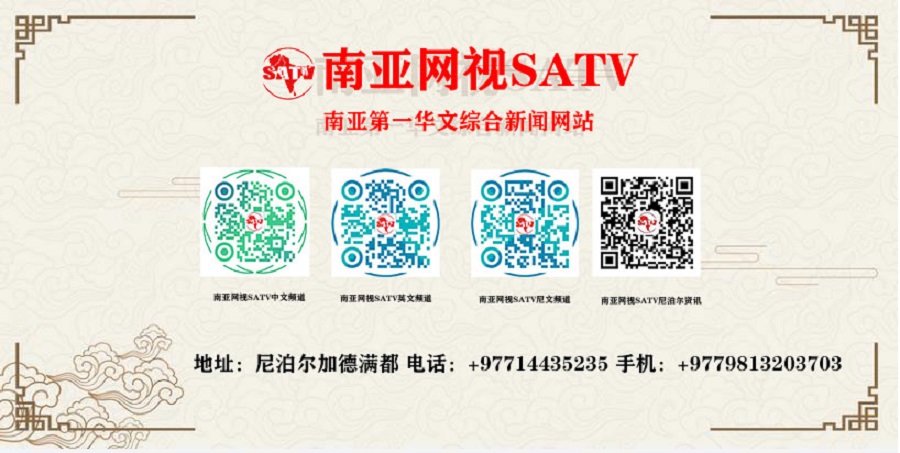
While a lack of political commitment has hamstrung Nepal’s transitional justice process, even 15 years after the Comprehensive Peace Agreement, the two transitional commissions formed six years ago to investigate conflict-era cases are embroiled in a dispute over jurisdictions.
The Truth and Reconciliation Commission and the Commission of Investigation on Enforced Disappeared Persons were constituted in February 2015 with a two-year mandate to investigate the insurgency-era cases of human rights violations and make public the whereabouts of the disappeared.
Despite the commissions’ failure to complete their work, their terms and mandates have been repeatedly extended, with political parties appointing “people of their choice” one after another.
Justice continues to elude the victims even 15 years after the end of the decade-long conflict. Nepal marked the 15th anniversary of the signing of the Comprehensive Peace Agreement on Sunday. Despite Nepali authorities making pledges repeatedly to conclude the peace process and ensure justice to victims, there has been little progress. The international community has been constantly prodding Nepal to ensure justice to the conflict victims.
Both the commissions started accepting complaints from April 2016, a little over a year after they were instituted.
The truth commission has received 63,718 complaints while the number of cases is far lower—just 3,223—at the disappearance commission.
But the disappearance commission is conducting investigations into only 2,484 cases saying others do not fall under its jurisdiction.
Meanwhile, the truth commission has said thousands of the complaints it has received fall under the disappearance commission’s jurisdiction.
Ganesh Datta Bhatta, chairperson of the truth commission, said those who were arrested but were not produced before the court qualify as victims of enforced disappearances, as per the existing law. According to him, the truth commission has received over 7,000 such complaints.
“We have frequently requested the disappearance commission to take those cases. However, it has refused to oblige,” Bhatta told the Post. “Our Act clearly says such cases fall under the jurisdiction of the disappearance commission.”
Clause 2 of the Enforced Disappearances Enquiry, Truth and Reconciliation Commission Act, 2014 says “any person who is not produced before the adjudicating authority after being apprehended, detained or taken in custody or made enquiry and investigation as per the law or to enforce law” is considered to be forcibly disappeared. Hundreds of people were detained by security forces during the insurgency without being produced before the court. The then rebel Maoists too had abducted a large number of people.
Bhatta said the truth commission cannot investigate those complaints in which the victims qualify as “disappeared”, because it is not in his commission’s mandate.
When Nepal formed the transitional justice bodies, the mandates for the two were clearly defined.
The disappearance commission is supposed to find out the whereabouts of the disappeared and provide justice to those who were abducted by security forces or then rebel Maoists. When complaints were solicited from the victims, the kin of those whose conditions were unknown reached out to the disappearance commission while others approached the truth commission. A lack of understanding among the victims as to which commission to approach could have also resulted in the confusion. Calls were made at that time for proper counselling and awareness while the commissions registered complaints.
Officials at the disappearance commission say they are discussing what to do with those complaints that do not fall under their jurisdiction and those which the truth commission says should be investigated by the disappearance commission.
Gangadhar Adhikari, spokesperson for the disappearance commission, said his office has not refused to accept complaints from the truth commission.
“We have requested the truth commission to first find out the exact number of cases related to disappearances,” Adhikari told the Post.
An official at the truth commission, however, said the disappearance commission is reluctant to accept such cases because this would increase their workload.
If the disappearance-related complaints that are currently with the truth commission are included, then the disappearance commission will have to investigate around 10,000 complaints including the existing 2,484 on its docket.
Earlier, the disappearance commission had forwarded around 250 complaints to the truth commission, saying they fell under the latter’s jurisdiction.
Conflict victims and human rights defenders say it is a shame that the two commissions are arguing over their jurisdictions after seven years of their formation.
“When will the victims get justice when the commissions are still not sure who will investigate which complaints?” Janak Raut, former general secretary of the Conflict Victims Common Platform, told the Post. “This shows how insensitive they are towards the plight of the victims.”
In the last seven years, the truth commission has completed preliminary investigation into around 3,800 complaints and put some 3,000 cases aside, saying they don’t qualify as complaints.
The disappearance commission, meanwhile, had received 3,223 complaints and was conducting investigation into 2,484 cases stating that the others do not fall under its jurisdiction. The commission is yet to complete preliminary investigation into the complaints and has not fully investigated even a single case.
“The commissions have found yet another reason to delay the investigation, thereby delaying justice,” Bed Bhattarai, a former secretary at the National Human Rights Commission, told the Post. “It is unfortunate that the commissions are fighting over jurisdictions when they should have been giving hope to the victims by expediting investigations.”













